Git 2.49 Released: Faster Packing and Improved Partial Clone Support
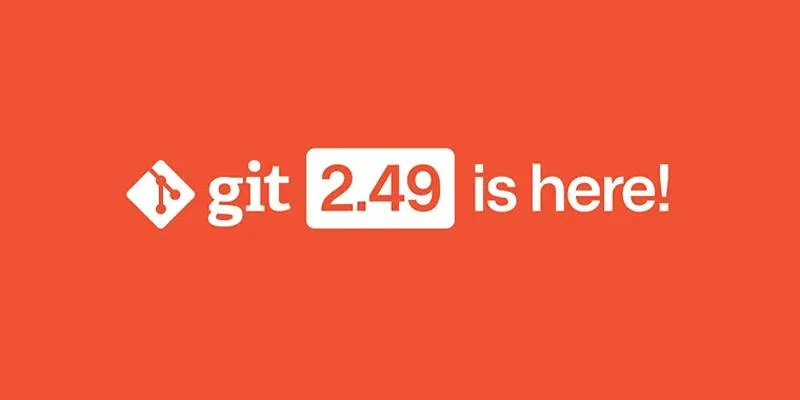
Git has released version 2.49, introducing notable advancements to the world’s most popular distributed version control system. As developers and software teams increasingly depend on Git for its performance, reliability, and scalability, version 2.49 delivers significant improvements enhancing both Git’s internals and the user experience.
Key Enhancements in Git 2.49
This update includes faster object packing, enhanced partial clone support, new Rust-based internals, and increased build system flexibility. Let’s dive into how these changes continue Git’s evolution.
Smarter and Faster Object Packing
One of the standout features of Git 2.49 is its improved object packing strategy. Git’s internal storage system, which uses “packfiles” to compress objects like commits and blobs, now benefits from a more efficient directory-aware packing algorithm. This results in:
- Smaller Packfiles – By organizing files more intelligently, Git reduces redundancy and enhances compression.
- Improved Performance – Operations such as clone, fetch, and push are faster, especially in large, complex repositories.
These optimizations significantly boost productivity for developers handling extensive repositories or automation pipelines.
Enhanced Partial Clone Support
The partial clone feature has been a game-changer for fetching only essential repository parts without the full object history. However, accessing older blobs not initially downloaded posed challenges.
Git 2.49 introduces a tool named git backfill, which automatically retrieves missing historical blobs when needed. This ensures a smoother experience for users dealing with incomplete clones, making Git more adaptable for bandwidth and storage-constrained environments.
Rust Integration Begins
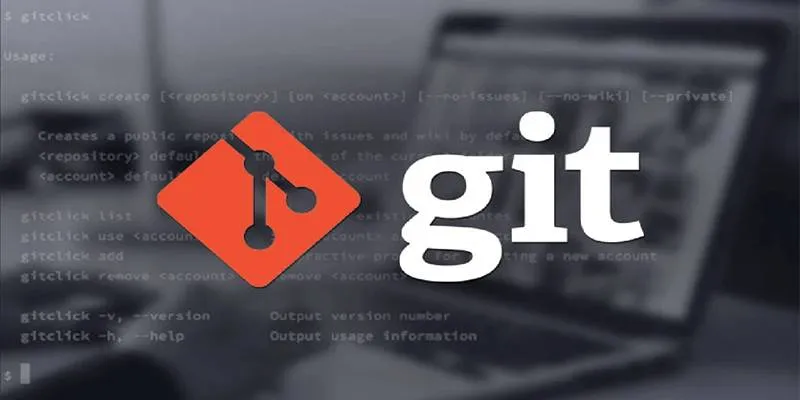
Git 2.49 takes a bold step by integrating Rust into its codebase. Two new Rust crates, libgit-sys and libgit, have been added, providing low- and high-level access to Git’s core logic. While this integration is still experimental, Rust’s memory safety and concurrency support promise a more robust and maintainable Git in the future.
Improved Build Options with zlib-ng Support
To offer greater flexibility, Git 2.49 now supports building with zlib-ng, a high-performance fork of the zlib compression library. Developers can utilize this feature via:
- GNU Make: By setting the
ZLIB_NGflag during builds. - Meson Build System: By specifying the
zlib_backendoption.
This support is particularly beneficial for systems under heavy load, offering better throughput and reduced CPU usage.
Streamlined help.autocorrect Behavior
Git’s user guidance system has been refined, particularly the help.autocorrect configuration. Previously, setting it to 1 caused delays without immediate correction feedback. Now, a value of 1 acts as a Boolean true, applying corrections immediately and reducing unnecessary delays.
New –revision Option for Flexible Fetching
The new –revision option enhances fetch operations’ flexibility, allowing developers to fetch commits leading to a specific revision without needing a named reference. This is invaluable for complex histories and scenarios where references might be absent, supporting advanced workflows.
Additional Improvements and Bug Fixes

Git 2.49 also brings numerous minor enhancements and bug fixes, addressing edge-case issues and refining command behaviors. While less prominent than headline features, these updates enhance Git’s reliability and user experience.
Conclusion
Git 2.49 exemplifies the project’s maturity and forward-thinking approach. With improved packing strategies, smarter partial clone behavior, Rust integration, and enhanced configuration controls, this release benefits individual developers and enterprise teams alike. As development environments grow more complex, Git’s evolution ensures it remains a cornerstone of modern software development.
For more insights into Git’s new features, check out Git’s official release notes.
Related Articles

Best Apps for iPhone: 6 To-Do List Picks in 2025

Discover the Top 10 Fastest Web Browsers to Use in 2025

Top 5 Scheduling Software for the Healthcare Industry You Need to Know
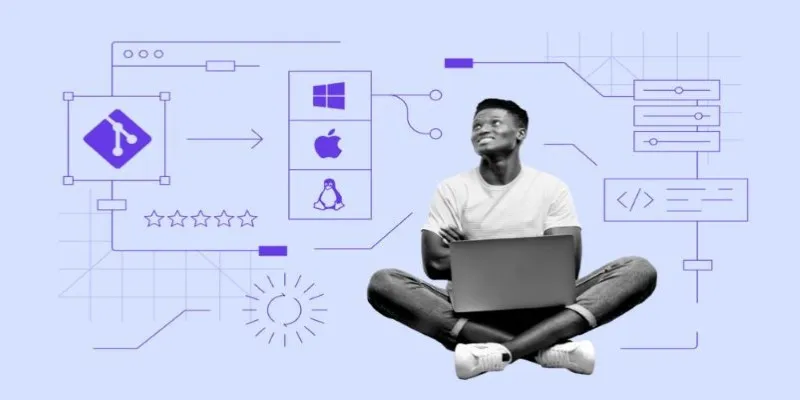
Click, Commit, Push: 5 Best Git GUI Clients in 2025
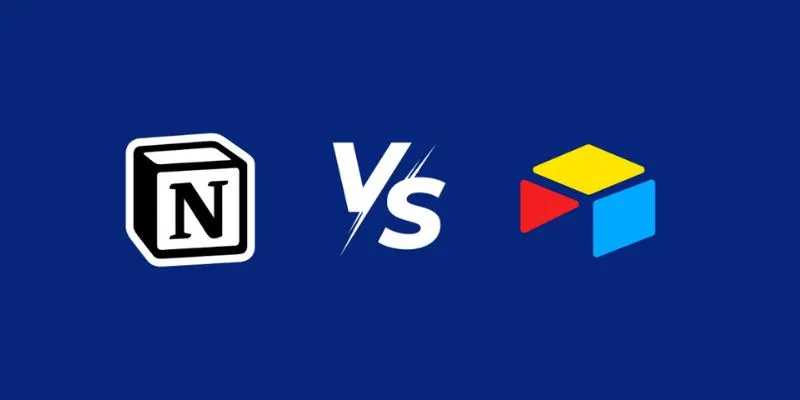
Airtable vs. Notion: Which App Should You Choose for Your Workflow

What is Marketing Resource Management (MRM): A Comprehensive Guide

Gemini Will Take Over Google Assistant on Android and More Devices

Beauty by the Numbers: 4 Data Visualization Apps for Business Success

Unlocking Efficiency: Your Ultimate Guide for GIS Mapping in Asset Management

Top Employee Wellness Apps to Improve Worker Well-being in 2025
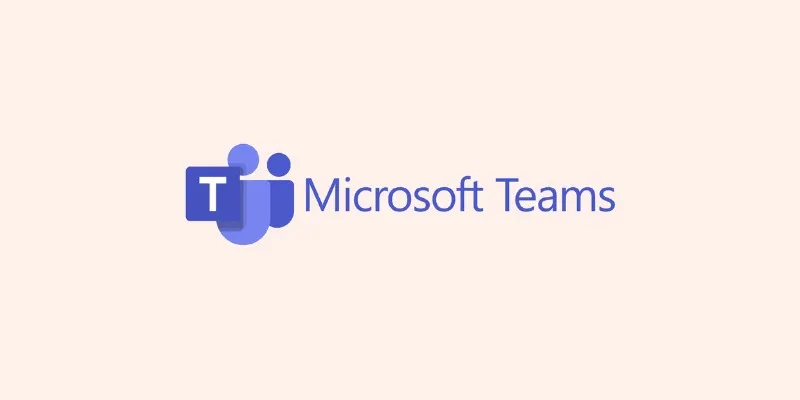
Discover the Best Microsoft Teams Alternatives for Your Team's Needs

beehiiv Introduces Direct Sponsorships for Ad Sales and Revenue
Popular Articles
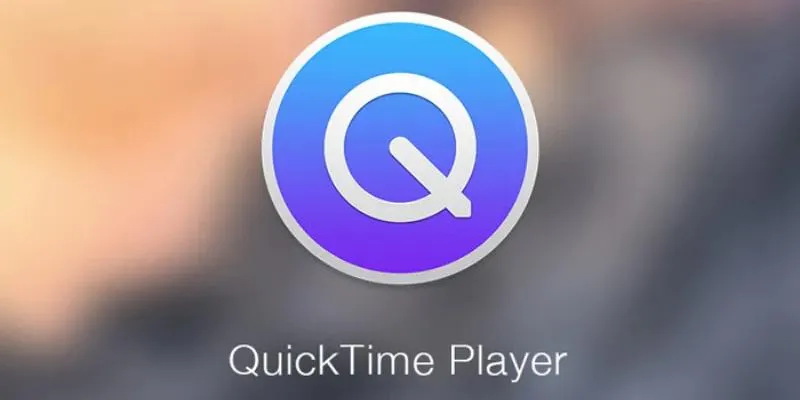
Easy Ways to Edit QuickTime Videos on Windows and Mac
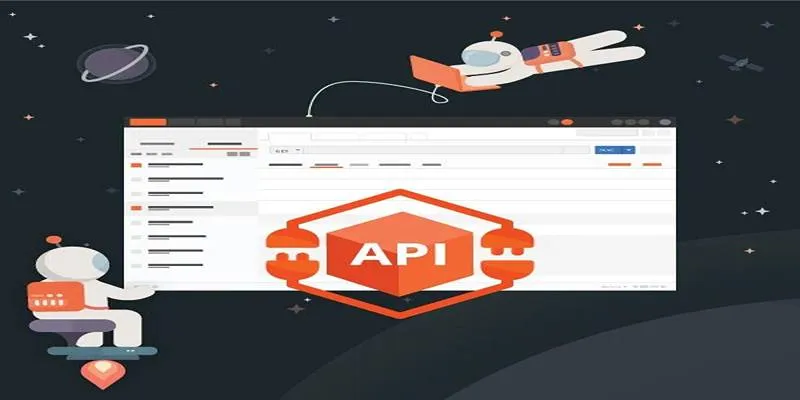
How to Use Postman for API Testing: A Complete Getting Started Guide

Best Tools to Record Facebook Messenger Calls on Any Device

Step-by-Step Guide to Fix MXF Files Not Playing on Premiere Pro

What is a Squeeze Page?
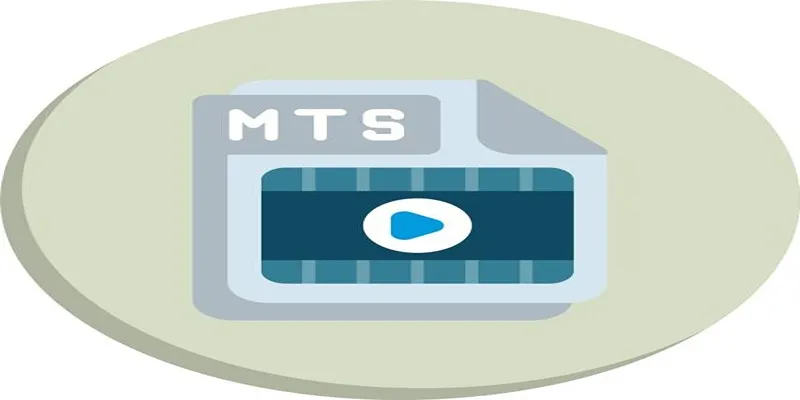
Top Free Tools to Convert MTS/M2TS to AVI Quickly and Easily

Step-by-Step Guide to Adding Media in WordPress Comments with oEmbed

6 Best Tools to Create Stunning Animated Videos with Ease

The Best Methods for Adding Videos to Your BlackBerry Device

The 10 Best Email Apps for iPhone: Streamline Your Inbox Today

Fixing Unstable Device Connections: Why Your Device Keeps Disconnecting

 mww2
mww2